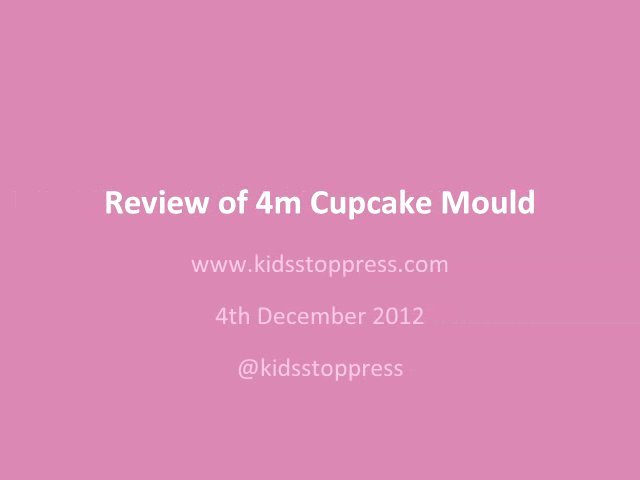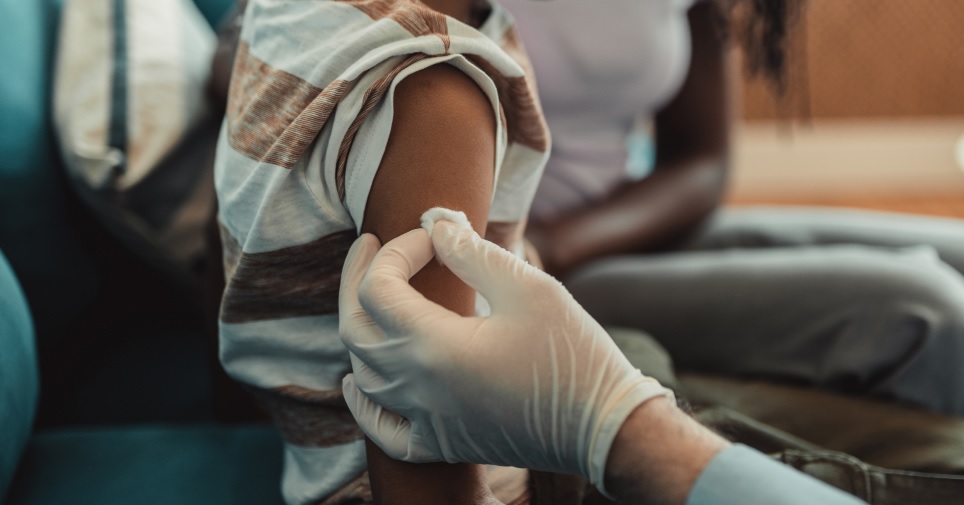As per the WHO, one in 160 children is diagnosed with autism.
What Is Autism?
Autism is a neurodevelopmental condition that impacts a person’s social, communication and play skills. It is caused by changes in the brain (due to genetic and environmental factors) that happen before birth or early in life.
Autism Spectrum Disorder can look different in different people. Some symptoms in girls are different than in boys. Some children may show signs as early as a few months while others may show after a few months or a year. The symptoms can vary from very mild to very severe.
New treatment guidelines issued:
The American Academy of Pediatrics (AAP) recently issued its first new autism treatment guidelines in 12 years aimed at helping doctors identify at-risk children and getting them the care they need as early as possible.
The report, published in the journal Pediatrics, urges doctors to check for issues during all well-baby visits and refer children for treatment at the first sign of an issue, rather than wait for a formal autism evaluation.
The new guidelines on Autism emphasise
- The increase in the incidence
- Doctors/paediatricians to be aware of the early warning signs
- Early intervention without needing to wait for a formal diagnosis
- It also focuses on the need to screen for and treat other conditions that commonly occur in children with autism.
- Over the years, some experts have encouraged children with autism to try elimination diets. Between 23% and 70% of children with autism have gastrointestinal issues, which is why many families will try elimination diets, including gluten-free and casein-free lifestyles. But the new report came out against gluten-free and casein-free diets in addressing core autism symptoms.
- Recognizing co-existing conditions like anxiety, intellectual disability, ADHD


















